Innovative Applications of Drone Technology in Agriculture
Agricultural drones are mainly used to monitor farmland conditions in real time by carrying various sensors and cameras, providing a data-driven decision-making basis for agricultural production. With the continuous progress of technology, the application of drones in agriculture is becoming more and more extensive, from planting management to pest and disease monitoring, the application of drones is promoting agriculture to move forward in the direction of more intelligent and efficient development.
The New Era of Precision Agriculture
Precision agriculture optimizes the use and management of resources by using high-precision data to improve crop yield and quality. Drones can take high-definition topographic maps and crop health images of farmland to accurately analyze soil conditions, plant growth, and pests and diseases. This data-based management approach allows farmers to use fertilizers and pesticides more efficiently, reducing resource waste while maximizing crop output. The introduction of drone technology marks the dawn of a new era in precision agriculture.
Real-time Monitoring and Data Analysis
With on-board multispectral and infrared sensors, drones are able to detect the health of crops and monitor plant photosynthesis and water content. This data can be transmitted in real time to farmers' devices, enabling them to respond quickly. For example, when a crop in a particular area is found to be suffering from water or nutrient deficiencies, farmers can take immediate steps to make adjustments. This ability to respond quickly significantly increases the flexibility and efficiency of agricultural production.
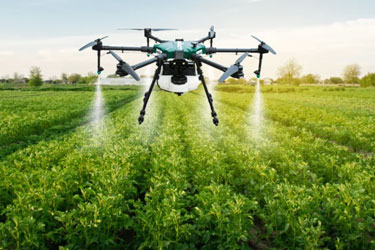
Pest and Disease Monitoring and Control
Through high-resolution image and data analysis, drones can accurately identify pests and diseases on crops and their distribution. While traditional pest monitoring requires extensive manual inspections, drones can quickly cover large areas of farmland and provide detailed pest data. This information can help farmers develop more targeted control strategies to reduce pest and disease losses and improve crop health.
Automated Spraying and Precision Fertilizer Application
The spraying function of drones is also playing an increasingly important role in agricultural production. Modern agricultural drones are equipped with automated spraying systems that can accurately spray fertilizers and pesticides into designated areas. This automated spraying not only improves the uniformity of application, but also reduces the amount of fertilizers and pesticides used, thus reducing the impact on the environment. Compared to traditional spraying methods, drone spraying is more efficient and environmentally friendly, while also reducing labor costs and labor intensity.
We expect that in the future there may be drones that integrate more sensors and artificial intelligence, enabling more accurate data analysis and decision support. Drone technology will not only improve agricultural production efficiency, but also promote fundamental changes in agricultural production methods, becoming an important promoter of modern agriculture.
MORE FROM WIRED
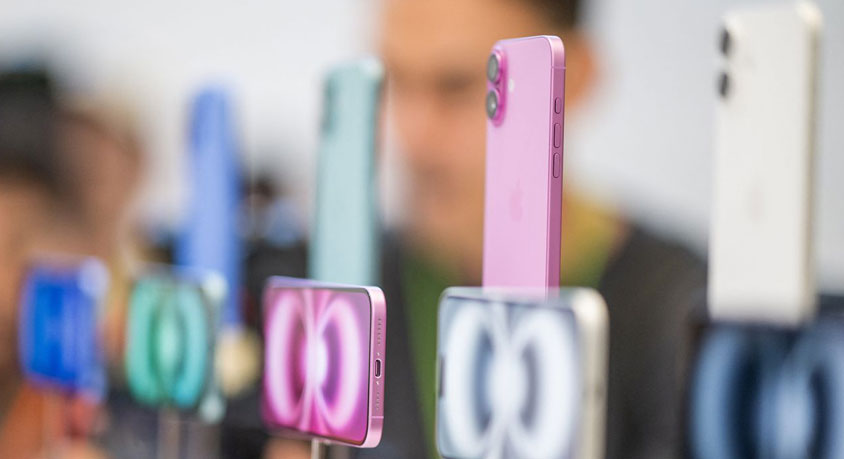
- Apple's fall event: iPhone 16 series makes a stunning debut
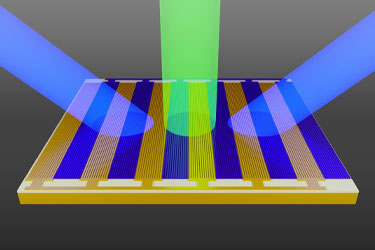
- Space-Time Metasurfaces: Unlocking a New Future for Wireless Communications and Optical Applications
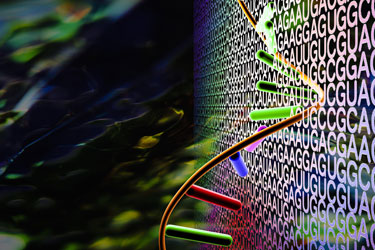
- Novel RNA Construction Module Enables Efficient Production of High-Density RNA Microarrays
- Aug,30,2024
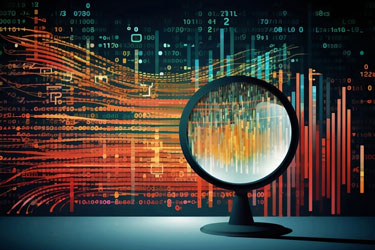
- OpenAI Launches SearchGPT, an Innovative AI Search Engine
- Aug,19,2024

- Google Pixel 8A: AI technology-enhanced, the king of price-performance ratio
- Aug,07,2024

- Application of 5G in Intelligent Transportation System
- Aug,01,2024
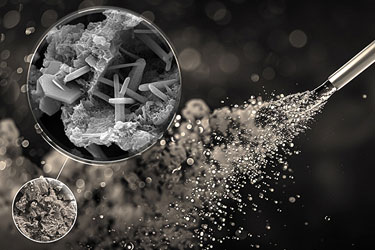
- A New Process for Concrete Manufacturing: A Breakthrough in Efficient CO2 Sequestration and Quality Assurance
- Jul,25,2024